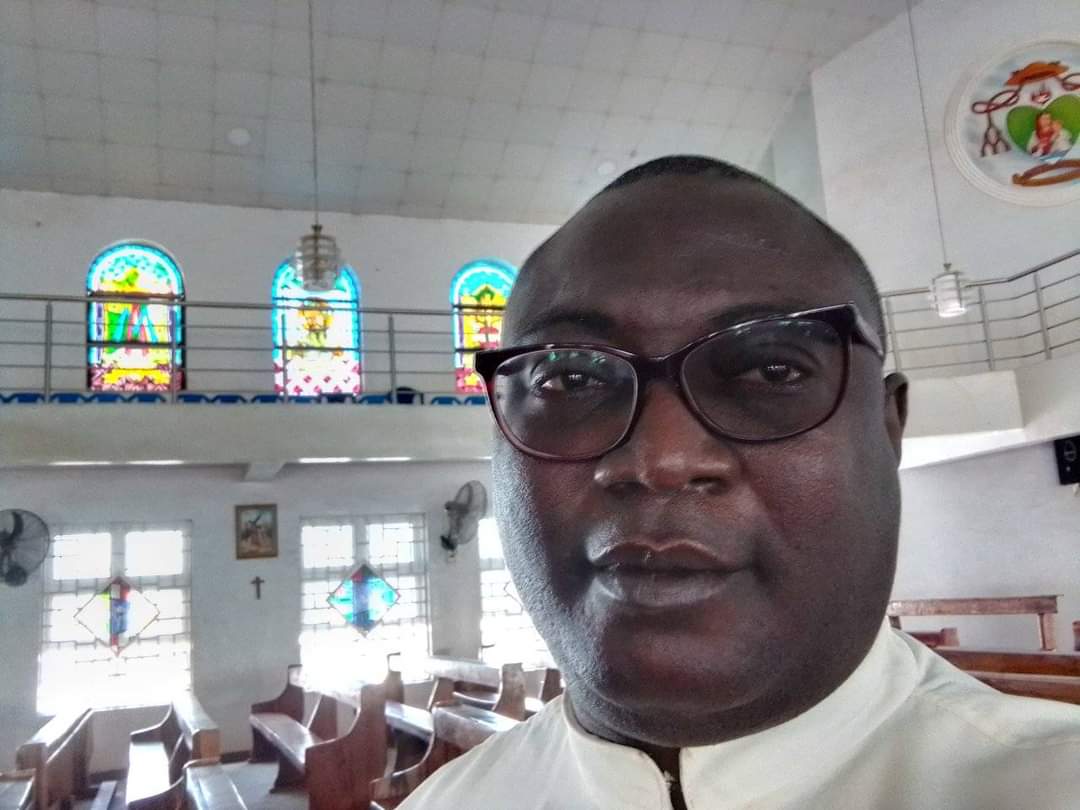The Leadership of Christ

Fourth Sunday of Easter – Good Shepherd Sunday, Year A (30/04/2023)
(Acts 2:14a, 36-41; 1 Peter 2:20b-25; Psalms 23: 1-3a, 3b4, 5, 6; John 10:1-10)
By Fr. Samuel Odeh
“The thief comes only to steal and kill and destroy; I came that they may have life, and have it abundantly” (John 10:10). The fourth Sunday of Easter every year is called Good Shepherd Sunday because, in all of Years A, B and C, the gospel reading is taken from the tenth chapter of the Gospel according to John in which Jesus declares that he is the Good Shepherd. This Sunday’s reading presents us, as followers of Jesus, with an opportunity to reflect on Christian leadership, the leadership of Christ in the life of his disciples. In our first reading from the Acts of the Apostles, St Peter proclaimed in his preaching on Pentecost Sunday, which converted three thousand people to the faith, with the words: “Let all the house of Israel know assuredly that God has made him both Lord and Christ, this Jesus whom you crucified” (Acts 2:36). By pouring the promised Holy Spirit on the disciples God was confirming Jesus as the true Leader, Lord, Master, Savior and deliverer of his people, of his Church; God approved of Jesus’ sacrificial way of living, dying and caring for others by granting him victory over sin and death and permitting the outpouring of the Holy Spirit. This is the abundance of life that Jesus came to give us.
All Christian believers are called to imitate Jesus’ sacrificial ways of living and dying which he both taught and practiced. It is for this reason that this Sunday is also called Vocation Sunday because we celebrate first of all Christian discipleship, and not just the call to the ministerial priesthood and religious life and leadership in the Church. All of us, the lay faithful included, are the sheep of the flock who have a vocation, a calling to hear the voice of Jesus the Good Shepherd. It is a calling to a newness of life. “He himself bore our sins in his body on the tree, that we might die to sin and live to righteousness. By his wounds, you have been healed. For you were straying like sheep, but have now returned to the Shepherd and Guardian of your souls” (1 Peter 2:24-25).
The tenth chapter of John’s gospel which we read today is sandwiched between the stories of the healing of the man born blind in chapter nine and the raising of Lazarus in chapter eleven. Both of these miracles made Jesus the enemy of the religious authorities and leaders of his time. Throughout the gospels, they refuse to accept Jesus’ ministry and teaching. It is to them that Jesus directs his picture of the sheep and the shepherd. In this parable, Jesus is both the gate and the shepherd while the Pharisees and the other religious leaders are thieves and robbers. For anyone to qualify to lead God’s people they must go through Jesus, the gate of the sheepfold. Only those persons who are aware of the abundant life that Jesus gives and hunger and thirst for it are qualified to be leaders in the Christian community. The leadership of the Lord Jesus Christ must be active and visible in them. They must desire welfare, wholesomeness, holiness, togetherness, and prosperity for those they lead, and work with them to realize these goals. In other words, they must have a good relationship with the risen Jesus and with the community. This is true not only of the clergy but of every Christian disciple, whether they be parents, politicians, or professionals. This Sunday, let us pray that we may all accept the invitation of Christ, the Good Shepherd, to receive the gift of his life for ourselves and those we meet. May we reject the leadership of false prophets. May we hear him calling each of us by name.